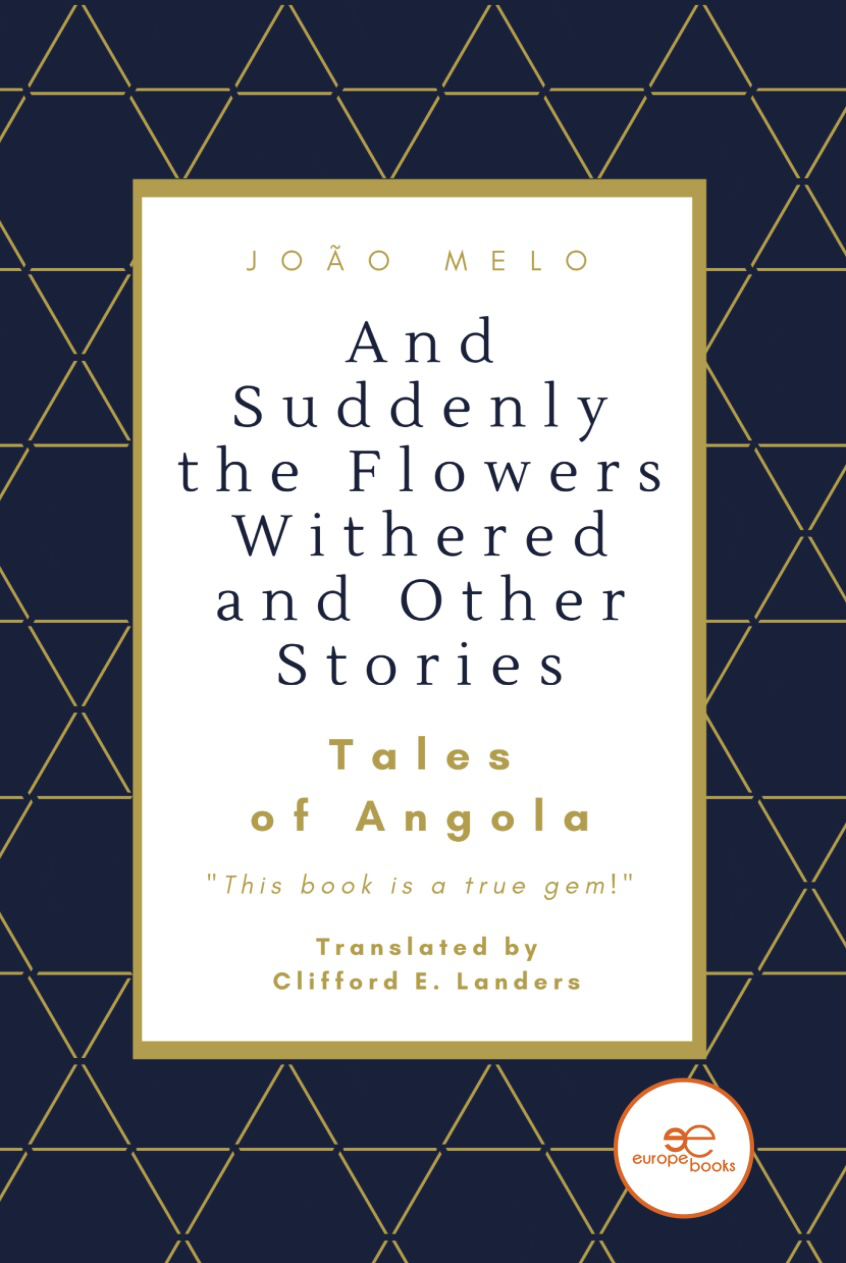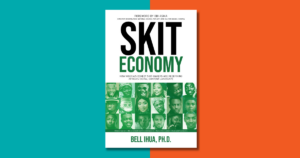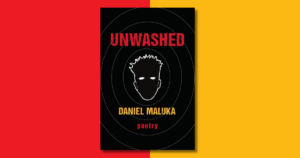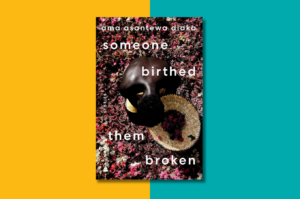Splendor and Frustration
At the age of eighteen, Dombaxi decided to abandon his studies and join those who, hailing from other origins and places and bringing different experiences and knowledge, came together to build a country, supposedly without hidden motives. When they had met, driven and exalted by that strange fever, no one had revealed that, behind the ardent and magnificent discourse with which they helped shape the time was, to paraphrase the national poet, an empty purse that would one day ask to be filled. They all swore that, should it be necessary, they would give their very soul to help erect, on the shame and ignominy of the past, a new society, free of open sores, grief, and anathemas, clear and translucent as a primeval dawn.
The Carnation Revolution had just erupted in Portugal, on April 25, 1974; he was in the second year of architecture studies in Lisbon. Despite the unusual and even extraordinary red carnations emerging from the barrels of the rifles that soldiers held to pose for photos, the end of Portuguese fascism seemed to him more like the image of an old boil that suddenly burst, spewing pus everywhere; but it demanded the completion of internal cleansing to avoid any recurrence. The initial ambivalence of the Portuguese revolutionaries vis-à-vis independence of the colonies began to vex him, and because of this he clung with unshakeable enthusiasm and conviction to the exalting phrase “Complete and immediate independence!” He decided, then, to enter the House of Angola, which in reality functioned as a cell of the MPLA. Shortly afterward, he left the university and returned to Luanda. It was there that the history that was to affect him viscerally and definitively took place.
At the time, he gave no thought to positions or gain. To use the then current phrase, he only wanted to contribute. He agreed to become a soldier, joining the People’s Armed Forces for the Liberation of Angola (known affectionately as FAPLA), a pretentious name given by its founders to the fragile army into which they planned to transform the sparse guerrilla forces coming from far-off jungles and savannas where, sustained simultaneously by daily desperation and by the great dream of liberty, for years they had fought the Portuguese. To be exact, it wasn’t a true army, only an embryo. From it, however, would arise, like a proud and invincible bird, a remarkable force that much later would humble the hateful military machine of apartheid, compelled to retreat with its tail between its legs. When the “rotten racist phallus” was rendered shamefully useless in the swamps of the Angolan southeast, he was there, by then promoted to general.
At the end of the war, in 1992, he asked to retire from the FAPLA.
“I’m just a general by happenstance,” he told his friends, explaining the reasons for his decision.
What he really wanted was to help rebuild the country. He believed that with the end of the war, it was necessary to reconstruct everything that had been destroyed in those years of insanity, fortunately now in the past. Civil construction would surely be one of the areas of greatest development in the new era beginning for all Angolans. So, he decided to finish the degree in architecture he had abandoned almost twenty years earlier. Luckily, he could now do so in Angola, while working to support his new family. His wife, who was a medical doctor, worked in one of the first private clinics recently opened in Luanda after the political and economic liberalization of the nineties, which naturally contributed to “meeting household expenses.” After so many years of war, Dombaxi smiled when he used that trivial expression. Their combined salaries afforded them a minimally decent standard of living. His FAPLA pension alone was too meager for the country’s cost of living.
Samuel, his best friend and sole confidant, with whom he always shared his dreams, hopes, doubts, anguish and fears, asked him:
“Are you out of your mind? You’re going to leave the army and let your old subordinates take your place?! In Africa, the military is the most powerful institution, especially in a country that went through war like ours. You can use your position to set yourself up for life!”
Samuel was apparently trying to be brotherly and collaborative, but to Dombaxi the question sounded like a stupid, coarse provocation. As he repeated to himself, he had never thought in such terms. To him, power was something dark and mysterious, dangerous. Without knowing just why, he feared being debased by it, changed into something other than what he was: one who merely wished to contribute. He had not renounced that old word, which continued alive in his consciousness, in the countercurrent of present-day feelings and desires, ambitious, greedy, and destructive. What caused him the most anguish was the excess of individualism, perverse and calculating relativism, and dim-witted nihilism. When Samuel asked him that question, he was assailed by the strange and appalling sensation that his entire life so far had been totally useless.
In those moments, Dombaxi remembered, with almost morbid exactitude, the day he discovered that the land where he had been born and had always lived was after all only a place occupied by strange, aloof beings and vilified by ignominy. He was fifteen and had tried to enter an esplanade on the Avenida Marginal, in Luanda, drawn by the cleanliness and brilliance of the place and by the gentleness that seemed to surround it, with its tables packed with elegant men and women eating and drinking with delicate gestures while exchanging pleasantries, calmed by the sea breeze from a few meters away. When he entered and everyone, dumbfounded and fearful, turned to look at him, he didn’t give any special importance to the fact, which he took to be normal, but he found it odd that the employee ignored his trivial request: a ham sandwich and a soda. An orange Crush, he still remembers today, more than forty years later. He recalls having asked the waiter three times, until being answered with mysterious fury but perfectly audibly:
“We don’t serve blacks here!”
Dombaxi couldn’t suppress an unexpected anguish, deep and piercing. More than that: brutal. After all, the waiter was as black as he. A chaotic, irrepressible mix of painful, conflicting feelings overcame him, beyond his ability to control, much less organize: shame, anger, fear, hatred, sympathy. Momentarily, his eyes stopped seeing and tears ran down his cheeks. Fortunately, the waiter had already turned his back. When he left the esplanade, he saw in the stares of everyone there an obscene relief.
That day, Dombaxi felt certain that a land stained by dishonor would inexorably become a country. Proudly, he smiled to himself, wishing to laugh loudly at all those unknown people with whom he crossed paths that indelible afternoon. Through a sudden, unfathomable metamorphosis, the pleasant Luanda breeze boiled in his arteries. He walked home with head high and an unrelenting resolve in his heart. He had found his destiny. From that day forward his steps would no longer be determined by time; rather, time would be shaped by him.
At the Lyceum Salvador Correia, where he was in his fifth year, it was whispered that certain students, especially those in upper grades, were linked to clandestine organizations conspiring against the foreign rule that kept the land in a permanent state of fear, repressing its people, who found no means of resistance, enfeebled by the very air they breathed. Dombaxi approached those students with resolve and senselessness but was rebuffed with esoteric and unintelligible words. It was as if he were overly exuberant, an attitude unsuited to those unhappy times. But Dombaxi, determined, instinctively softened and curbed his excitement. He was finally accepted. As he would later comment, when the halo of those long-ago events had become immaterial, what he found exhilaratingly contradictory was having felt that, after joining a circle of conspirators, narrow and closed by its nature and by absolute necessity, the world opened up, magnificently, before him. After all, those fervent naïve and conspicuous youths–of whom he had become a part–acted in the name of all the men and women who suffered and bled in every corner of a controlled and humiliated land. The keys to the collective world, glorious and radiant, lay in their hands.
Apparently, what they and all the others were doing was so pure and unselfish that perhaps only art and literature were capable of capturing its grandeur, magnificent, extraordinary, and almost divine–and not the shabby, petty divinity of the dominant Catholicism shamefully complicit at the time with the masters who had usurped the land that was not theirs, but rather that of the ancient and beautiful Greek gods. They carried out small actions with meticulous and mystical devotion in an effort to undermine from within the opaque and dissolute colonial machinery, until they saw it crumble in silence, without uproar, like a body whose viscera slowly rot, beyond appeal. As a result, the libertarian voices of poets and musicians circulated in secret, from mouth to mouth, from hand to hand, from ear to ear at chance encounters, clandestine meetings, at celebrations, at funerals. The rebellion grew like a complex of caustic whispered rumors, a timorous and misshapen historical reminder that, transformed into sudden stirring rage, penetrated into shadows and alleyways and, more than anything, into the grieving hearts of men. A desperation and courage that swelled day by day, it was like a torrent that suddenly roared down forgotten mountains onto the plains and toward the sea, beyond the power of anyone to predict. Protected by the deafening silence of time, by the walls of their glass houses, the would-be lords of history foolishly thought themselves eternal.
Dombaxi did what he had to do, and what many others did: he carried political messages; transported secret documents and other tasks; wrote and distributed pamphlets; mobilized young students; roused workers; tried to bring hope to the elders, who listened to him, naturally, with pride and anxiety. He hid from the police until he was caught. He was 17 and about to begin his final year of high school. His time under arrest was brief, only three months. In jail he met other prisoners, somewhat older, who received him with fraternal concern, treating him with kindness and teaching him how to survive in the new situation in which he found himself. Even today he can’t precisely characterize the emotion that overwhelmed him at the time. What he remembers is that he was taken by a strange ecstasy. Years later, when he returned to Angola after the fall of fascism in Portugal, it was with genuine joy that he embraced many of those at the MPLA headquarters in Luanda, amid the prevailing agitation because of the possibility of war with the two other nationalist movements. A wry expression crosses his face when he recalls the word applied to those movements: puppets. Dombaxi wonders: Could urgency necessarily be perverse and cruel? And could history redeem it?
***
Buy And Suddenly the Flowers Withered and Other Stories: Europe Books
Excerpt from AND SUDDENLY THE FLOWERS WITHERED AND OTHER STORIES published by Europe Books. Copyright © 2023 by João Melo.










COMMENTS -
Reader Interactions